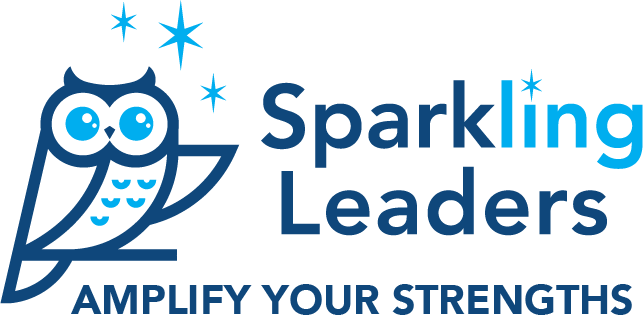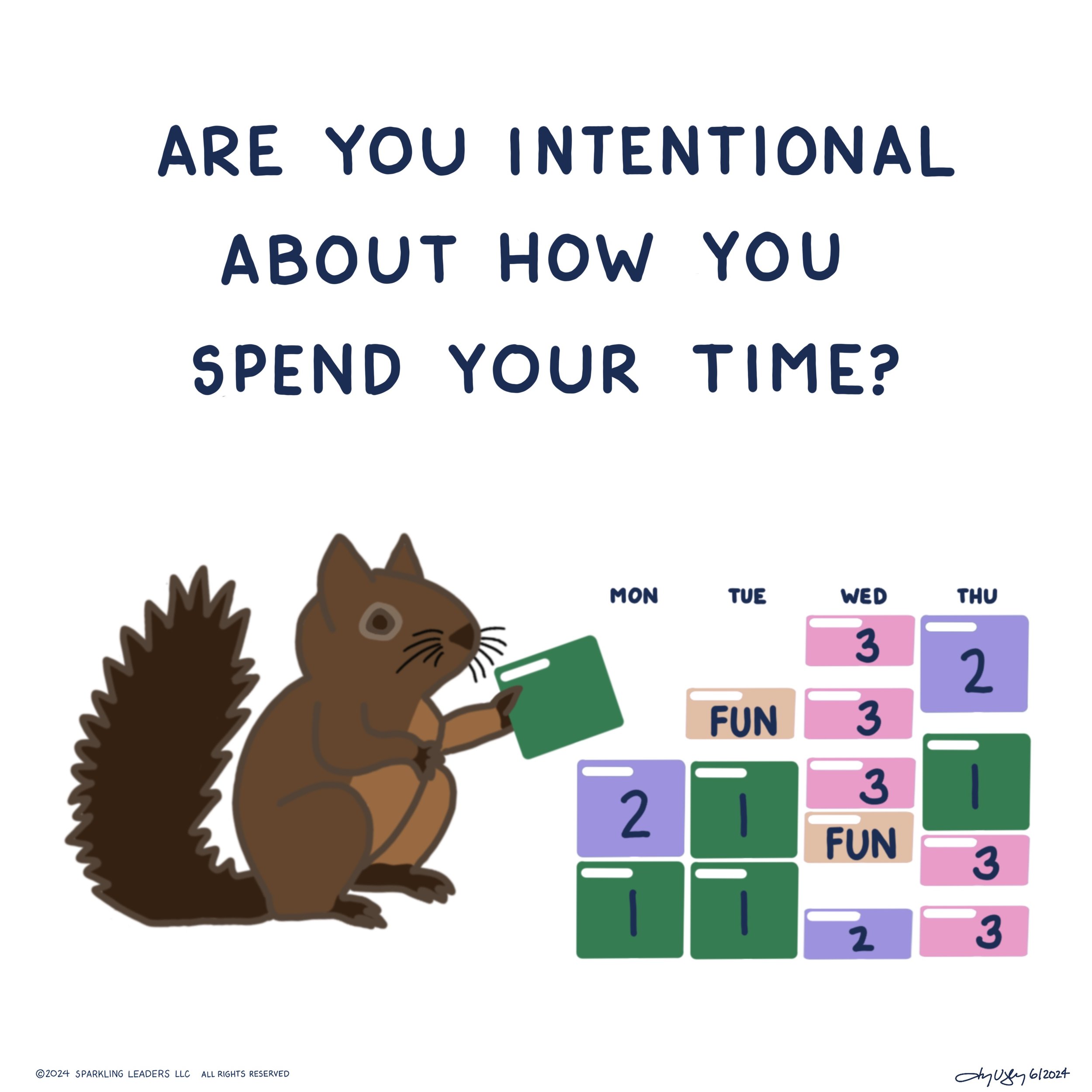Be Intentional
I had read Nir Eyal's book, Indistractable: How to Control Your Attention and Choose Your Life* when it first came out and appreciated his Coaching.com webinar about it last week.
Key reflection: Are you being intentional with how you spend your time?
It's easy to get caught up fighting fires and checking off tactical issues. But are those activities moving us toward our preferred future? Or are they just distractions keeping us from our deeper goals?
The opposite of distraction isn't simply focus. It's traction - making purposeful progress in the direction you want to go. It's about intentionally, investing your time and energy in what matters most.
Eyal shared that many of us think the biggest distractions are external but the reality is that 90% of distractions are from internal triggers or discomfort.
We must understand the discomfort we are trying to escape.
He suggested that time management is actually pain management. Below are his suggestions:
Note the sensation
Get curious - many people blame or shame themselves, instead claim the feeling
Surf the urge - tell yourself you can do the thing, but only after a cooling off time. Set a timer for 10, 5, or 2 minutes. See how you feel when your timer goes off.
Surfing discomfort is a concept many people suggest and I like the image of riding waves - even though I’m not a big water person. I’ve been trying to help myself stop mindless eating and now set a timer at the end of a meal. I started with 5 minutes and have been moving slowly towards 10. In the past, I would keep eating or snack on something while clearing my plate (more on learning to live inside my body in another post).
Another piece that resonated with me is that you can’t call something a distraction if you don’t know what it’s distracting you from.
The other evening, I caught myself straining birdseed to remove the millet - a strangely satisfying tactile experience, despite its seeming futility. After a day of checking off tactical to-dos, this mindless activity felt relaxing while providing time to process items from the day.
But then I realized I had a mess to clean up.
Did the extra task of cleaning negate the peaceful processing time?
The birdseed incident reminded me that being intentional isn’t just about sitting down to focus on goals. For many of us, we also need to schedule processing time. Processing time can take many forms. However, it is not checking items off a list or putting out fires. Sometimes it takes the form of sorting birdseed, cleaning, or organizing.
We need to mindfully invest our time - for work, for learning, for processing things, and for recovery.
Below are a few ways to become more intentional:
Envision what your preferred future looks like, in detail
Note the differences between what you are doing now and what you would like to be doing
Figure out one to three small steps you can take in the next 30 days
Set clear intentions for how you can take at least one step and how you can hold yourself accountable
Create an “I am” statement that embodies how want to show up based on your small step. Generic example, “I am someone who is intentional”
Discomfort will always be there. Recognizing it and finding ways to surf it will help you make progress towards the future you want to create.
If you're struggling with distraction and having trouble being intentional, reach out. I can help you hone your vision, set intentions, and maximize your time.
Choose to be intentional.
*Indistractable: How to Control Your Attention and Choose Your Life by Nir Eyal (Sept 2019)









